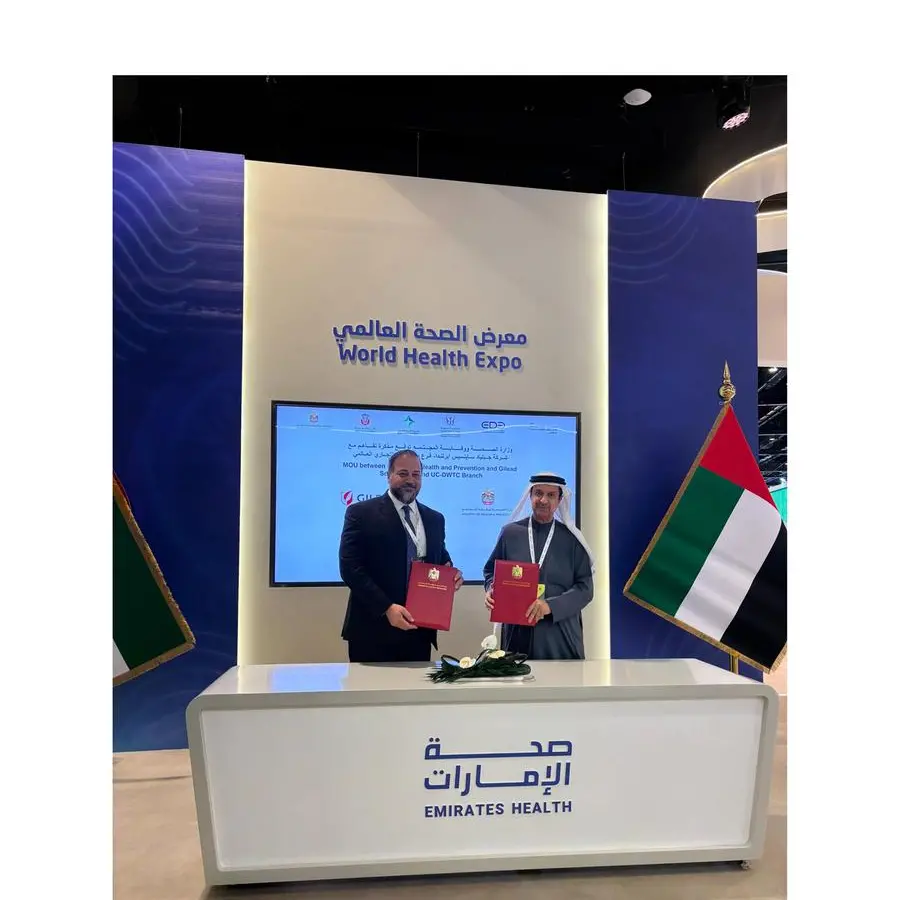PHOTO
Doha, Qatar: A significant study, conducted jointly by Qatar Precision Health Institute, a national center of research and implementation under Qatar Foundation (QF), and the College of Health and Life Sciences at Hamad Bin Khalifa University, a member of QF, has revealed important insights into the genetic basis of diseases in the Qatari population. Researchers discovered that 3.5% of Qataris carry medically actionable genetic variants, a finding that could revolutionize personalized medical treatments in the region.
Published in the European Journal of Human Genetics, the study, “Analysis of 14,392 Whole Genomes Reveals 3.5% of Qataris Carry Medically Actionable Variants,” analyzed the whole genome data of 14,392 individuals. This research is the third in a series of genetic investigations, building on previous studies that reported 2.3% of Qataris with actionable variants in a smaller cohort of 6,045 individuals.
The study identified 248 distinct variants in 50 genes, with the most frequent variants found in the TTN, RYR1, and ATP7B genes. These variants are linked to cardiovascular diseases such as familial hypercholesterolemia and cardiomyopathies, as well as various forms of cancer. Notably, the TTN gene variants, which are associated with dilated cardiomyopathy, were among the most prevalent.
Dr. Amal Elfatih, Postdoctoral Fellow from Hamad Bin Khalifa University’s (HBKU) College of Health and Life Sciences, and the study’s first author, emphasized the importance of these findings: “Our research has expanded the catalog of deleterious mutations in the Qatari population, providing a crucial resource for developing targeted medical interventions that can significantly improve health outcomes.”
Along with Dr. Elfatih, Dr. Chadi Saad, Bioinformatics Lead at QPHI, contributed to the study as a co-first author.
Given Qatar’s high consanguinity rate, identifying both dominant and recessive pathogenic variants is crucial for better treatment options and preventive strategies. The study’s findings build on previous research that identified 60 genetic variants linked to cancer, heart disease, and high cholesterol, highlighting the potential for genomics to enhance health outcomes nationwide.
Dr. Hamdi Mbarek, Director of Research and Partnerships at Qatar Precision Health Institute, and the senior author of the study highlighted its broader implications: “This study not only enhances our understanding of the genetic predispositions in the Qatari population but also establishes a solid foundation for personalized healthcare strategies in Qatar.”
This research is comparable to international efforts, such as the study by deCODE genetics in Iceland, which found that 4% of Icelanders carry an actionable genotype linked to serious diseases. These global comparisons underscore the importance of population-specific genomic research in tailoring precision medicine approaches.
Considering these findings, Qatar Precision Health Institute and Hamad Medical Corporation are launching a project to return these genetic results to participants who consent to receive such information. This initiative aims to enable the prevention and early detection of associated health conditions, marking a significant step towards implementing precision medicine on a national scale.
-Ends-
About Qatar Precision Health Institute
Qatar Precision Health Institute (QPHI) is a national center for research and implementation under Qatar Foundation.
Its primary focus is to enhance precision healthcare quality and value through comprehensive study of genomics and multi-omics.
QPHI was conceptualized to leverage more than 10 years of valuable data collection, research, and ecosystem development accomplished by Qatar Biobank and Qatar Genome. The goal is to lead in preventing and curing health issues through personalized approaches, and consequently empower and enable precision health practices leading to healthy and vibrant communities.



















